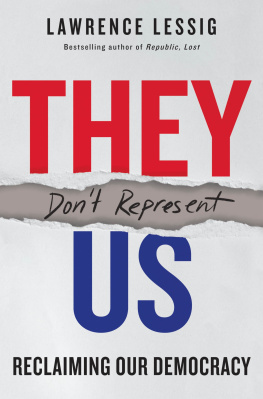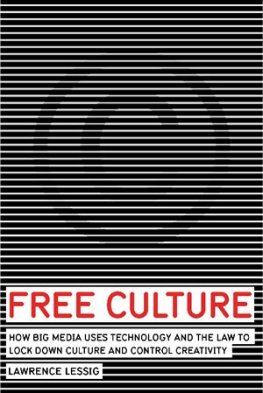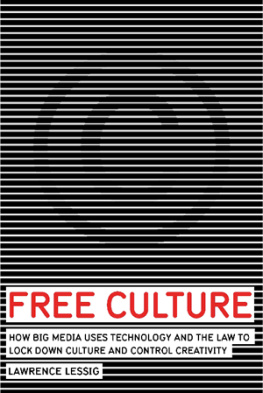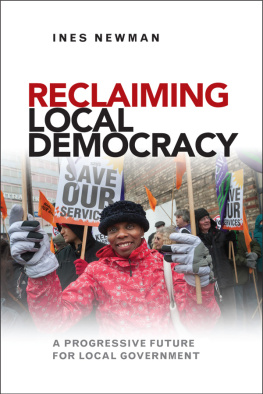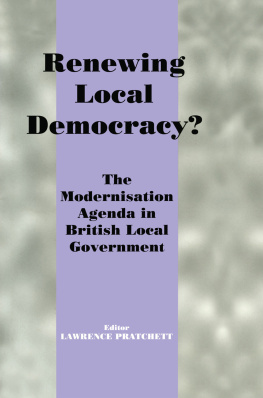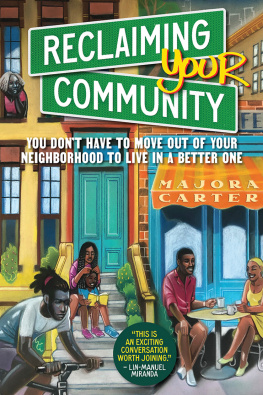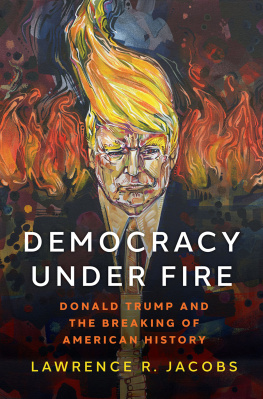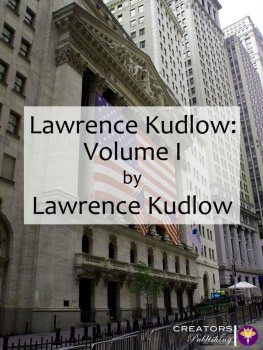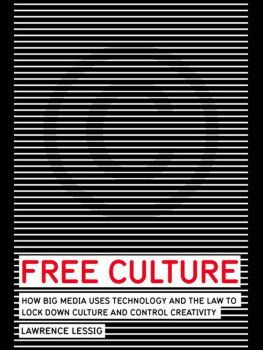ITS BEEN TWENTY YEARS SINCE A CLEAR MAJORITY OF AMERICANS acknowledged that climate change is real. Congress has yet to pass any law to address it comprehensively. America has one of the most expensive health care systems in the world, with 25 percent of its budget devoted to administrative costs, and more than 12 percent of Americans still uninsured. Congress is debating whether preexisting conditions should be a ground for denying health insurance, still. The American Society of Civil Engineers grades Americas infrastructure with a Dmeaning conditions are mostly below standard. The engineers estimate we must spend $1.5 trillion by 2025 to make America safe again. The closest Congress could come to the number $1.5 trillion was a $1.6 trillion tax cut, benefiting almost exclusively corporations and the very wealthy. Hopelessness is the one idea that now unites much of the Rust Belt with inner cities across America, as aging populations face a future without retirement savings or a system of social security that can support them. Remove the -ness from the first word in that sentence and you have a fair estimate of the chance that Congress will address that problem either anytime soon.
None of theseor a million otherproblems are caused by Donald Trump. None of them would be fixed if Donald Trump were not president. These problems are deeper than the occupant of 1600 Pennsylvania Avenue. They signal a failure much more fundamental than the misfiring of an Electoral College crafted at the birth of the nineteenth century.
It is difficult in this moment to recognize that truth. Our attention is drawn to the dumpster fire; we are wired to be distracted by the dramatic. Yet unless we find a way to discipline ourselves, and look beyond the drama, we will find no path to fixing these or any of the other critical problems that this nation faces.
The crisis in America is not its president. Its president is the consequence of a crisis much more fundamental. We tell ourselves that those more fundamental problems must wait, that the urgency of this election trumps everything else.
Yet that is precisely the thinking that got us here. The system that has failed America will not change unless we challenge it and make it change.
Those were Barack Obamas words almost a dozen years ago. So too were these:
If were not willing to take up that fight, then real changechange that will make a lasting difference in the lives of ordinary Americanswill keep getting blocked by the defenders of the status quo.
A dozen years later, it is blocked still.
IN THE LATE 1970S, MAYBE AS LATE AS THE EARLY 1980S, THE IDEA OF communism had a funny life within the Soviet Union. On the one hand, communism was a glorious idea. No one dared doubt its truth, at least to anyone they didnt trust. It was, quite literally, the party line. On the other hand, communism had obviously failed. Everyone recognized it had not workedat least not in the Soviet Union. Yet skepticism notwithstanding, the parades continued. The praise of Lenin and Marx was never greater. And the system puttered along in pursuit of its glorious idealuntil, suddenly, it collapsed. Almost overnight, the party line flipped. One day, communism was truth. The next day, it was a lie.
We live in a similar timenot at the same scale, not with the same consequence, but with a faint echo of the same dynamic. Obviously, for us, the vulnerable idea is not communism. For us, the vulnerable idea is democracy itself.
We live in a time when, on the one hand, democracy is a glorious idea. No one serious (or no one in power) openly questions it. Everyone rallies to its obvious truth. Every problem of government has an obvious remedymore democracy. Every corruption is simply the corruption of the will of the people. The people are truth. None can deny them. As the famed American political scientist Robert A. Dahl put it almost sixty years ago, to reject the democratic creed is in effect to refuse to be an American.
On the other hand, and increasingly, most everyone has a sense that this democracy is failing. The people are ignorant or stupid. The politicians pander to the worst of both. Serious problems cant be addressed with more democracy. Serious issues cant even be discussed seriously. Confidence in the institutions of democracy has never been lower. And nothing on the horizon of the plausible seems to give any real hope.
This skepticism has more than just grumpiness behind it. Some of the very best in political science argue there is no good reason to trust the people to do anything. We not only dont know what we are talking about, but even worse, when we learn something, we seem to know even less. For anyone with courage enough to utter this truth (or if not courage, at least tenure), there is no good reason to recommend democracy, even if, to remix Churchill, there is no obviously better idea.
This is a precarious place to stand. For, as with communism in 1989, I fear that we too are facing a certain collapse. Democracy has battled populism and authoritarianism before. But when it did, there was at least a faith in their alternativedemocracy. Today, there is no faith. The best and brightest turn west, not eastto Silicon Valley, not Washington, D.C. The future is technology, and hence technocracy, not a better-functioning democracy. Artificial intelligence (AI) will decide for us. Automatic contracts enforced through something called a blockchain will bind us. The very rich will give us the best security they can. It will be good enough, for them at least, given the alternative is so dreadfully hopeless. And for the rest, the operative term is not hopeless, but certainly much less hope. The future is not doom. This is America. But without repair, democracy has none of the promise of the democracy in our past.
This is something new. There was a time not so long ago when democracy was obvious; a time when it was the clear solution to the worlds ills, to be spread as broadly and as completely as possible. That was the objective of reform across much of the twentieth century. That was its singular achievement. In 1942, there were 9 democratic states across the world. By 1975, there were 34. By the fall of the Berlin Wall in 1989, that number had risen to 63. only rogues would deny rule by the people.
Yet if you asked the people today anywhere, but especially in America, whether the people rule, most would find the idea somewhat quaint. Everywhere there is the view that society is divided between an elite and the people. Everywhere there is the view that democracy represents the elite. In the summer 2016, the University of Maryland conducted a massive study of voter anger with their government.
This is an astonishing failure that we dont reckon enough. Not at the margins but at the core: the institution governing usa democracylacks the basic integrity of such an institution: that the people rule. That an oligarchy or monarchy would reward an elite is understandable. Its built into the DNA. For a democracy to favor the elite over the people is to add insult to suffering. It is to betray the very promise at the core of the institution. It is to reveal, in a word, that the institution has been corrupted.
That corruption feeds the populism that now rages everywhere. We are angry. We embrace a politics that screams anger. And while the populist demands for intervention are different across the world, what unites them is the sense that this politics is different. That this moment is different. Neither extreme seeks to tinker. Both sides rally to leaders who demand fundamental changenow.

